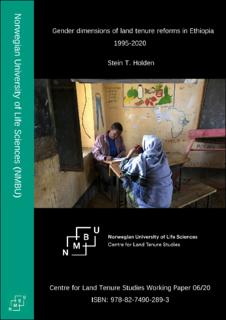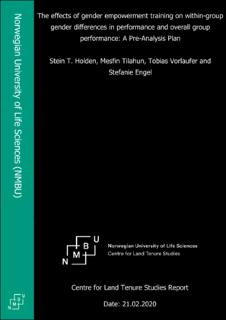Drivers for progress in groundwater management in Lao People’s Democratic Republic
Lao People’s Democratic Republic is a poorly developed, surface water-rich country that has traditionally given limited priority to its groundwater resources, which has resulted in a situation of inadequate scientific knowledge, technical capacity, and policies within the sector. This is slowly changing as the role of groundwater in socioeconomic development is better recognized. This chapter presents an overview of the country’s groundwater resources. It examines the state of knowledge, challenges, gaps, and barriers for effective groundwater resource development.





